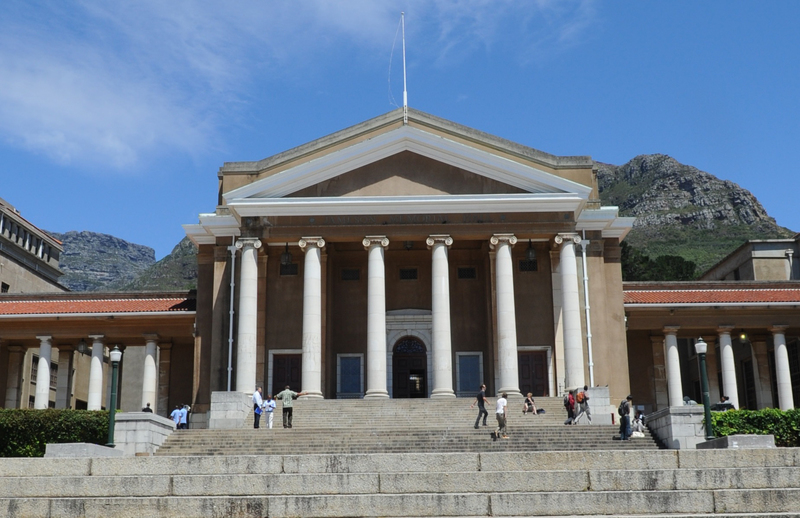Ratings landmarks for UCT
02 April 2013
UCT has passed the 400 landmark for its overall number of National Research Foundation-rated scholars, following the 2012 NRF ratings cycle.
Some 415 NRF-rated researchers hail from UCT, the highest number in South Africa, constituting 16% of the national total. This figure is well up from the 293 of just five years ago. In addition, 117 of the university's record number of 118 applications in the 2012 round were successful, the highest number by a single institution in the history of the rating system.
UCT's applications made up 17% of those received by the NRF in 2012, and included 45 new applications and 73 re-evaluations. Nationally, the NRF awarded 27 A-ratings (re-evaluations and new candidates), of whom 12 (44%) were from UCT; and three new P-ratings, two of whom work in UCT's Faculty of Science (66%).
The new ratings will be recognised by the NRF at their September awards ceremony.
Paying tribute to the newly rated researchers, deputy vice-chancellor responsible for research Professor Danie Visser also lauded the efforts of the Research Office, particularly the support provided by Professor Robert Morrell and Christina Pather in the form of workshops, one-on-one consultations, hands-on support and assistance with the online application process, and written narratives required as part of the lengthy application process.
The above is complemented by a formal review of applications by an internal panel, chaired by Visser, which includes seasoned academics from faculties - who are also rated, and have served on the NRF's assessments panels.
The sterling results are important to UCT's research endeavour, says Visser, because the NRF ratings focus primarily on the quality rather than the quantity of the applicant's research.
"The NRF likes to say 'we don't count, we weigh'. Important too, is the fact that an NRF rating gives access to funding, which in these times of diminishing resources is a considerable factor."
Visser also commended other support programmes such as the Emerging Researcher Programme (ERP), which recently celebrated its 10th anniversary.
"There is no doubt that there is a correlation between our growing numbers of NRF-rated researchers in recent years and the enabling environment we have been building at UCT, in which the ERP plays a vital role by supporting and nurturing academics to become leaders in their fields, nationally and internationally."
 This work is licensed under a Creative Commons Attribution-NoDerivatives 4.0 International License.
This work is licensed under a Creative Commons Attribution-NoDerivatives 4.0 International License.
Please view the republishing articles page for more information.










